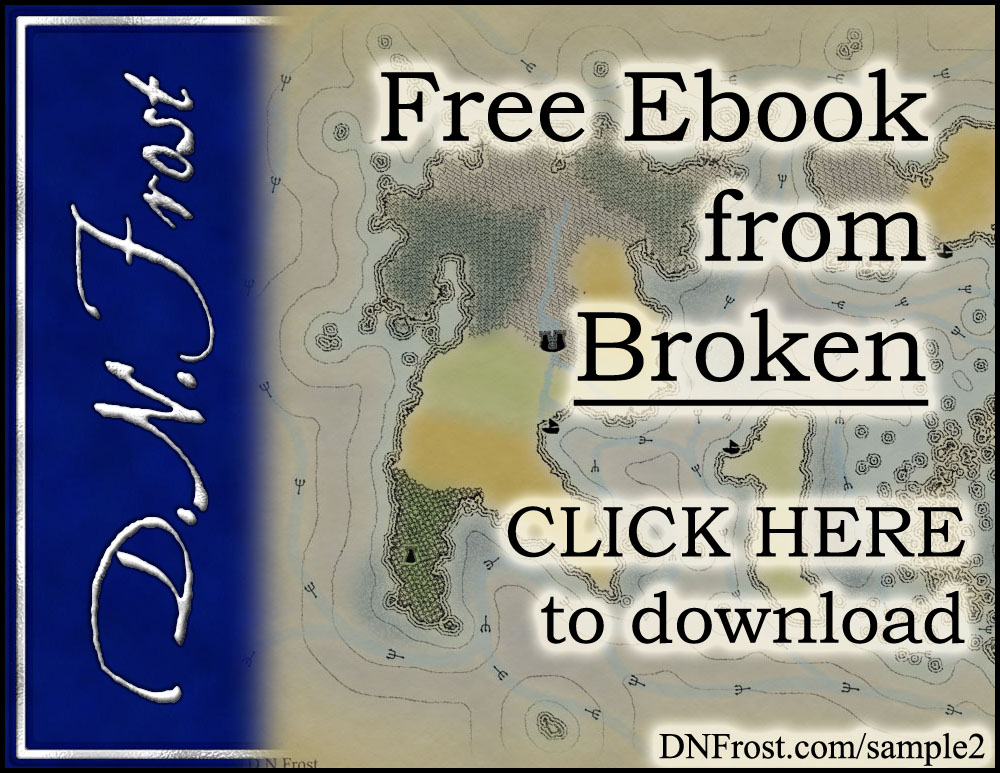This post is Part 3 of a series to augment the Author's Manifesto available for free download. Start with Part 1 here.
This and other inspirations of mine are gathered in the Spark Directory for you to explore.
Find more linguistic content in my Language Directory.
In Part 1 of this series, I began my love affair with language. Before I finished high school, I'd grown to interpret both math and computer code as two other languages in my repertoire. I entered college burning to delve into a totally alien language, to broaden my horizons.
My first semester, I enrolled in the intro class to Sanskrit, the ancient language of India, and I took a linguistics class titled Constructed Languages: Klingon and Beyond. Though I loved learning the Hindi script used to write Sanskrit, I was disappointed to learn that Sanskrit was actually an Indo-European language related to Latin, French, Spanish, and English. But my constructed languages course sparked new interest in me, and I soon changed my major to linguistics.
Linguistics is the scientific study of language, and it parses all the complexities and nuance of human language into navigable categories. In my constructed languages class, we examined a multitude of different fictional languages invented by humans, from the Klingon and Vulcan of Star Trek to Tolkien's elvish and entish, and the unifying language Esperanto, which boasted over a million human speakers.
While learning the linguistic precepts for how languages are put together, I began ironing out my old concept of a language with no vowels. I found a place for such a language in my fantasy world as the language of daemons, some of which have no vocal cords. For my final in the constructed languages class, I developed the daemon language and translated their religious creation myth into a few pages of spiky runes.
I was off! The next language for my Tales of the Known World saga was Dyau, the melodic tongue of the dark elves from the Land Across the Sea. Their society suppressed magic in most of the population, so the dark elves developed more advanced technologies to enhance their lives. Envisioning printing presses and even typewriters for their medieval society, I developed a font for the Dyau language and typed out their creation myth after I finished translating it.
Then came Meri, the language of the merfolk. I envisioned the five races of the Known World speaking related languages, much like the Indo-European language family on Earth. I delineated Ryunic as the language of the deity Mother, the tongue of deep magic, and the ancestral language from which the five tongues developed. Since I never intended to document Ryunic, I started work on the merfolk tongue.
That's it for this post! Up Next: Adding sonar clicks and a secret flaw...
Download the Author's Manifesto here, or start your adventure below.
This and other inspirations of mine are gathered in the Spark Directory for you to explore.
Find more linguistic content in my Language Directory.
In Part 1 of this series, I began my love affair with language. Before I finished high school, I'd grown to interpret both math and computer code as two other languages in my repertoire. I entered college burning to delve into a totally alien language, to broaden my horizons.
My first semester, I enrolled in the intro class to Sanskrit, the ancient language of India, and I took a linguistics class titled Constructed Languages: Klingon and Beyond. Though I loved learning the Hindi script used to write Sanskrit, I was disappointed to learn that Sanskrit was actually an Indo-European language related to Latin, French, Spanish, and English. But my constructed languages course sparked new interest in me, and I soon changed my major to linguistics.
Check out this Author's Manifesto for more of my inspirations!
Linguistics is the scientific study of language, and it parses all the complexities and nuance of human language into navigable categories. In my constructed languages class, we examined a multitude of different fictional languages invented by humans, from the Klingon and Vulcan of Star Trek to Tolkien's elvish and entish, and the unifying language Esperanto, which boasted over a million human speakers.
While learning the linguistic precepts for how languages are put together, I began ironing out my old concept of a language with no vowels. I found a place for such a language in my fantasy world as the language of daemons, some of which have no vocal cords. For my final in the constructed languages class, I developed the daemon language and translated their religious creation myth into a few pages of spiky runes.
I was off! The next language for my Tales of the Known World saga was Dyau, the melodic tongue of the dark elves from the Land Across the Sea. Their society suppressed magic in most of the population, so the dark elves developed more advanced technologies to enhance their lives. Envisioning printing presses and even typewriters for their medieval society, I developed a font for the Dyau language and typed out their creation myth after I finished translating it.
Then came Meri, the language of the merfolk. I envisioned the five races of the Known World speaking related languages, much like the Indo-European language family on Earth. I delineated Ryunic as the language of the deity Mother, the tongue of deep magic, and the ancestral language from which the five tongues developed. Since I never intended to document Ryunic, I started work on the merfolk tongue.
That's it for this post! Up Next: Adding sonar clicks and a secret flaw...
Download the Author's Manifesto here, or start your adventure below.
Liked this? Share, please!





